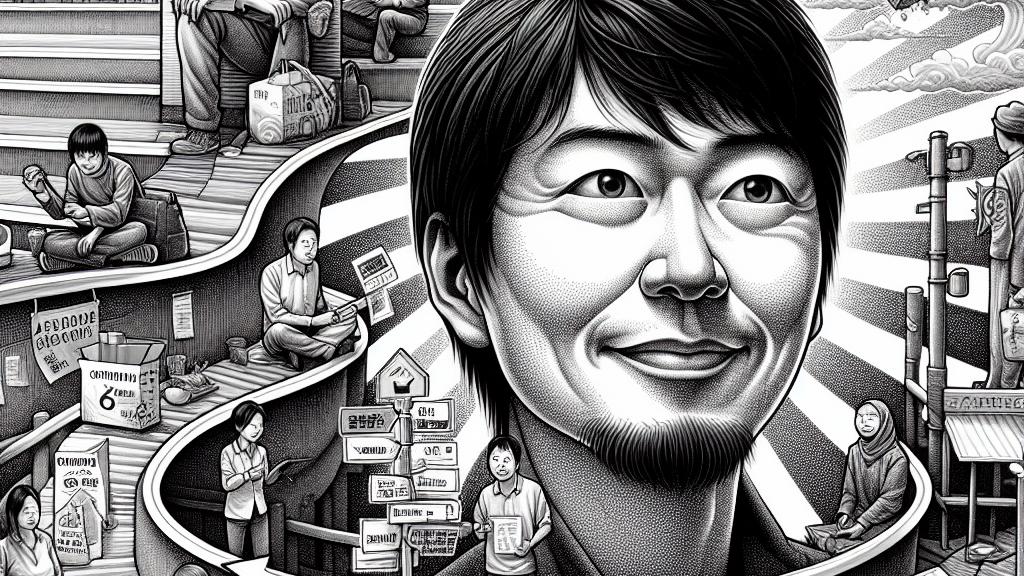The Rollercoaster Ride of an Almost 40 IT Engineer: 3 Years Without a Job and Counting!
Overview
- An IT engineer reflects on nearly 40 years of tumultuous employment history.
- Explores personal and professional challenges encountered in finding fulfilling work.
- Highlights the vital role of workplace culture and self-discovery in achieving career satisfaction.

The Journey of Employment Disruption
Set in Japan, this article captures the candid experiences of an almost 40-year-old IT engineer who has grappled with an unstable career path. Known for never lasting more than three years at a job, his narrative illustrates a common predicament in today’s job market—constantly shifting between employment and unemployment. He cycles through periods of working hard, watching savings deplete, and eventually seeking new opportunities. However, his current role at HERP, which he began in October 2021, stands as a hopeful marker. Approaching three years in this position, he senses a shift in his professional life, managing to potentially break the cycle that has defined him for so long. This juncture is pivotal for him, distinguishing this job as a rare opportunity for stability that he has sought for years.
Finding Purpose and Joy in Work
A significant aspect of his journey has been the realization that true job satisfaction arises from pursuing work that aligns closely with one's passions. In previous roles, he often felt lost, battling the pressures of an ever-evolving tech landscape without understanding how to connect his personal aspirations to his job responsibilities. This awareness has transformed his approach to work: engaging in self-reflection has led him to identify what truly drives him. Now in a supportive environment, where he is encouraged to engage in strategic problem-solving, he finds fulfillment in leading impactful projects. His new focus on not just 'what' to create but 'why' to create it helps him derive deep satisfaction from his contributions, underscoring the need for purpose in professional endeavors.
A Cultural Shift Toward Supportive Work Environments
Crucial to his renewed job satisfaction is the positive company culture at HERP, which starkly contrasts with the toxic atmospheres he has previously experienced. Emphasizing transparency and flexibility, HERP fosters open communication and collaboration among its employees. This nurturing environment allows him to explore his creativity, voice his opinions freely, and contribute meaningfully to team goals. He reflects on how his past jobs stifled his potential due to poor relationships and a lack of support, and now he actively engages in discussions about workplace culture. By advocating for environments that recognize individual talents, he aspires for a future where all workers can find their place in inclusive settings that cater to their unique strengths, regardless of their backgrounds or past experiences.

Loading...